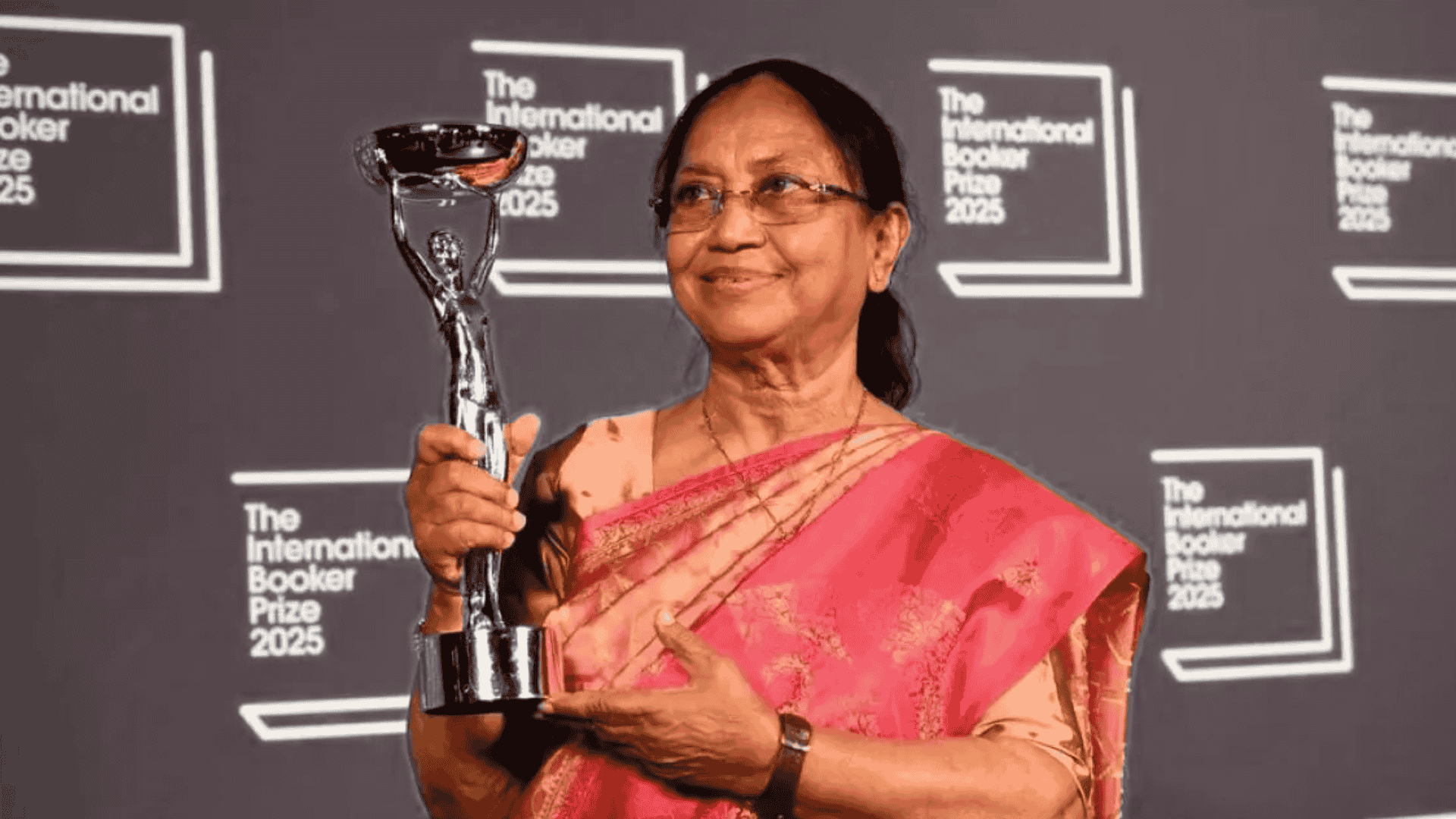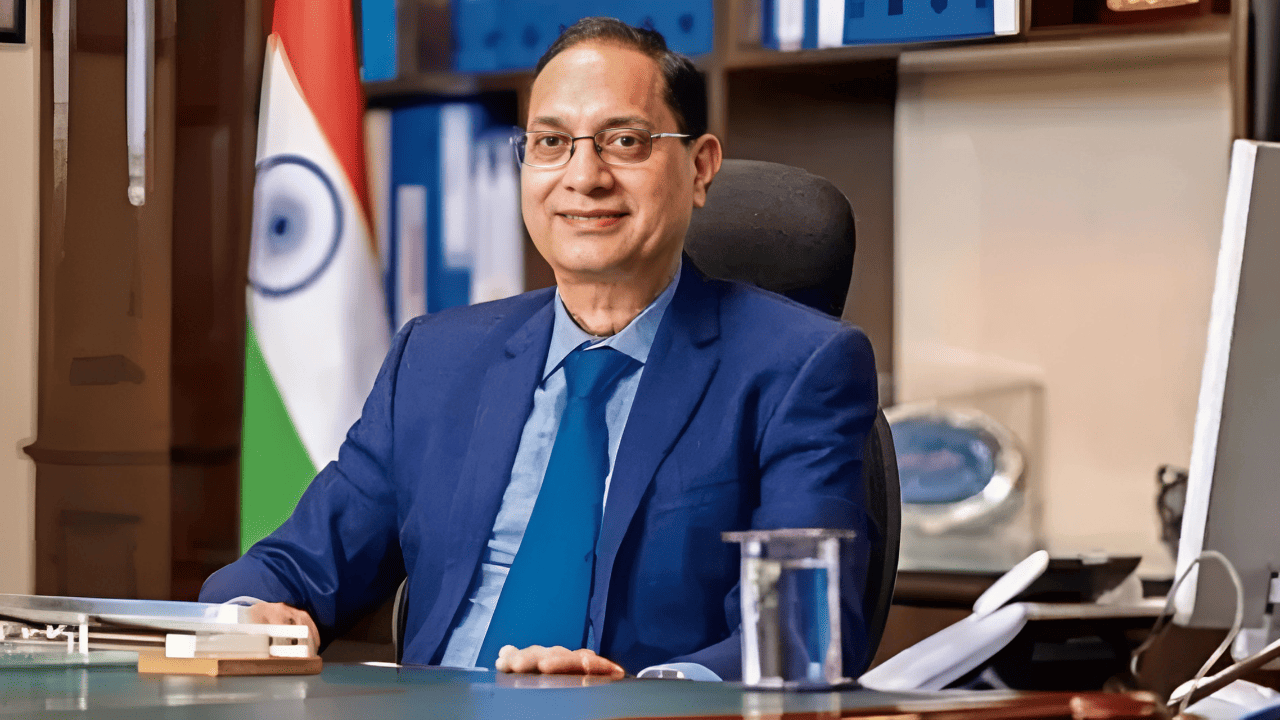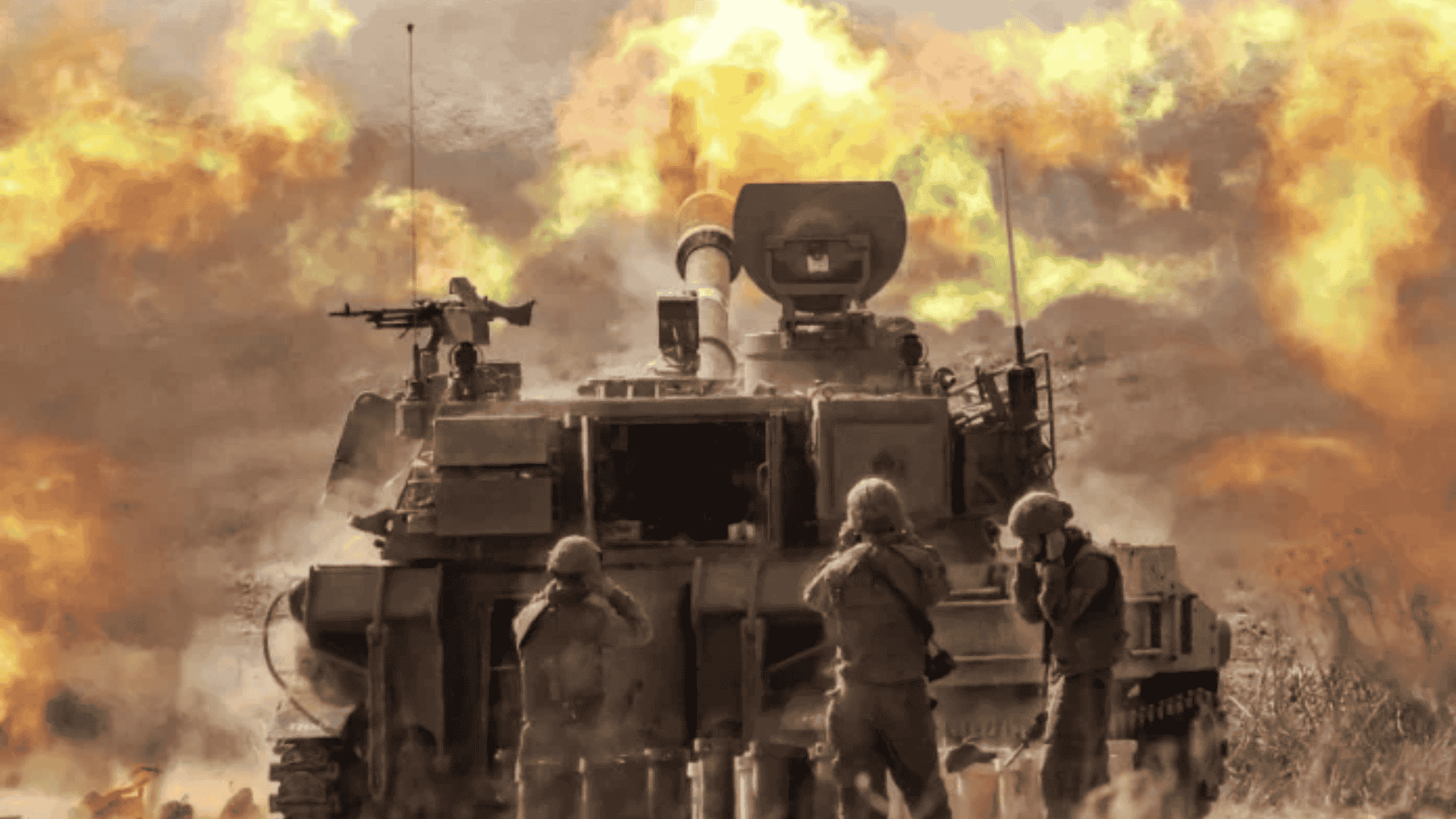Vasco da Gama’s First Arrival in India: UPSC-Relevant Current Affairs
On 20 May 1498, Portuguese explorer Vasco da Gama reached the shores of Calicut (present-day Kerala), marking the first time a European arrived in India via the sea route. This historic event opened new trade links between India and Europe, forever changing the course of Indian and world history.
Vasco da Gama’s Voyage: Key Points for Competitive Exams
Who: Vasco da Gama, a professional Portuguese navigator and explorer.
When: Arrived in Calicut, India, on 20 May 1498.
Significance:
First European to reach India by sea, establishing direct maritime trade between Europe and India.
Opened a new era of global trade, especially in spices, silk, and precious goods.
Background:
European nations, especially Portugal, were seeking a direct sea route to India to access its rich spices and luxury goods.
Vasco da Gama was commissioned by the King of Portugal to find a direct maritime route to India.
The Journey:
Da Gama’s expedition included 4 ships and 170 sailors.
The voyage took nearly 10 months.
At Calicut:
Vasco da Gama met the local ruler, the Zamorin of Calicut, to discuss trade in spices and other goods.
The gifts brought by da Gama for the Zamorin were considered ordinary and failed to impress the king.
Arab traders, already established in Calicut, were hostile to the Portuguese and resisted new trade agreements.
Later Role:
In 1524, the King of Portugal appointed Vasco da Gama as the Viceroy of India.
Exam-Relevant Data at a Glance
Date of Arrival: 20 May 1498
Place: Calicut (now Kozhikode, Kerala)
Expedition Details: 4 ships, 170 sailors, 10-month journey
First European sea route to India
Appointed Viceroy of India: 1524
Related Reads on Atharva Examwise
Modern Indian History: Key Explorers and their Impact – UPSC Notes
Top 10 Current Affairs May 2025 – Daily GK Update
All Current Affairs at Atharva Examwise
Why this matters for your exam preparation
History & Modern India (GS Paper 1):
Vasco da Gama’s arrival is a turning point in Indian history, leading to the Age of Exploration, European colonization, and the establishment of trade routes. These are frequently asked topics in UPSC Prelims and Mains.
World History & Trade:
Understanding the impact of maritime discoveries and their effect on global trade, colonialism, and the Indian economy is crucial for competitive exams.
Chronology & Map-Based Questions:
The date, place, and route of Vasco da Gama’s arrival are important for timeline and map-based questions in exams.
Link to Current Affairs:
The anniversary of such events is often referenced in current affairs and static history questions.
Tip:
Make concise notes on Vasco da Gama’s voyage, its significance, and its impact on Indian history. Link these facts to broader themes like the Age of Exploration, colonialism, and trade for value-added answers in Prelims and Mains.
Stay updated with Atharva Examwise Current Affairs for more exam-focused news and analysis.







